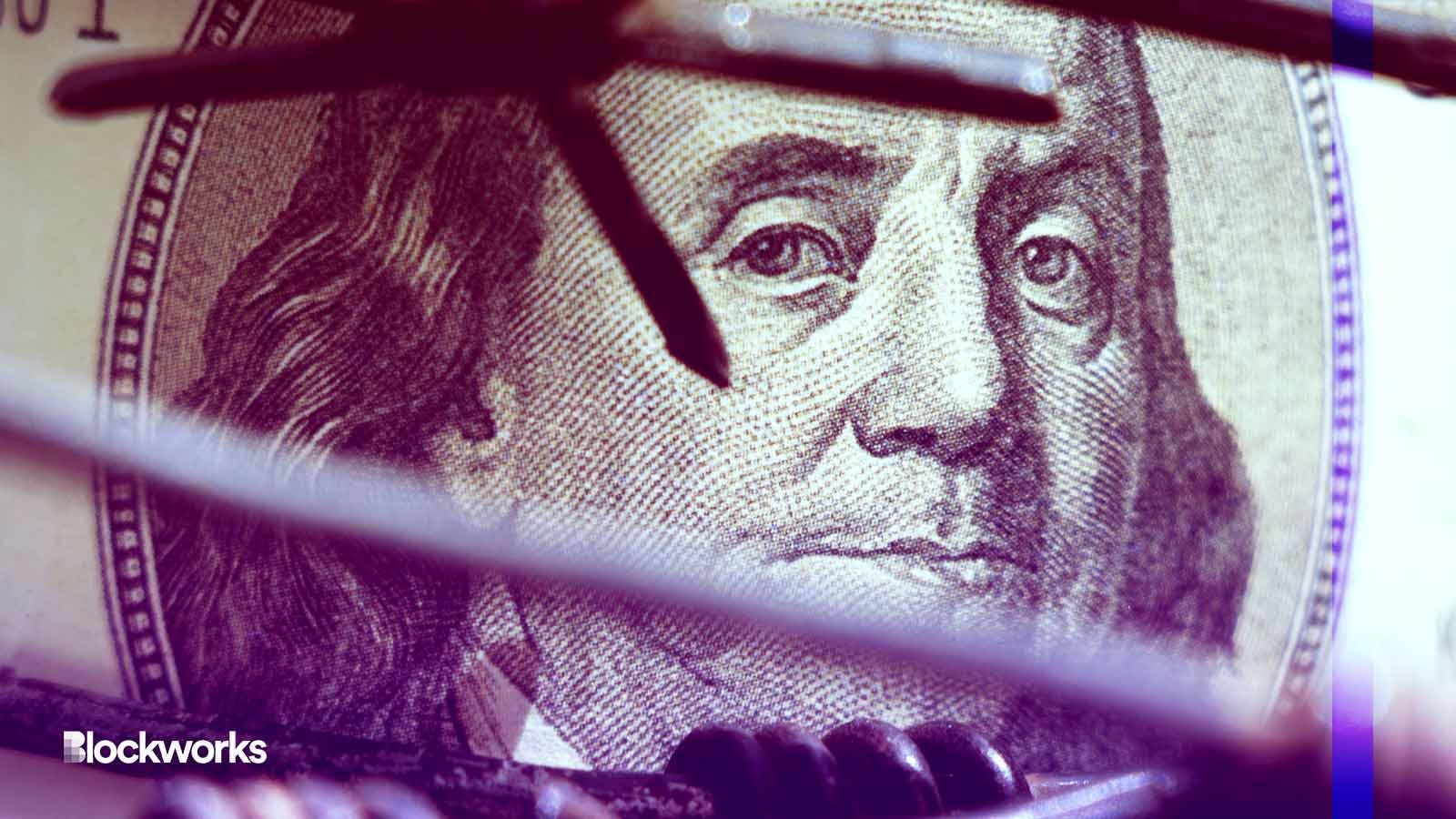US Treasury Sanctions 3 Lazarus Group Members
The US Treasury has previously sanctioned Lazarus Group, wallet addresses and two Chinese nationals

Zwiebackesser/Shutterstock modified by Blockworks
The US Treasury’s Office of Foreign Assets Control announced sanctions against three individuals who have alleged ties to North Korea’s Lazarus Group on Monday.
Wu Huihui is based in the People’s Republic of China and allegedly “facilitated the conversion of virtual currency stolen by [Democratic People’s Republic of Korea] actors working with the Lazarus Group to fiat currency.”
Cheng Hung Man is based in Hong Kong and is believed to have worked with Wu to utilize “front companies to enable DPRK actors to bypass countering illicit finance requirements at financial institutions and access the U.S. financial system”
Sim Hyon Sop is based in Dandong, China and works for Korea Kwangson Banking Corp. (KKBC) — which was sanctioned for its ties to North Korea back in 2009. Sim “coordinated millions of dollars in financial transfers for the DPRK,” according to the allegations.
OFAC previously sanctioned two Chinese nationals — Tian Yinyin and Li Jiadong — for allegedly laundering crypto linked to a 2018 hack of a cryptocurrency exchange. OFAC declined to name the exchange, however, though it noted that the Lazarus Group was believed to be tied to the attack.
Lazarus has been tied to numerous hacks, including the 2022 Ronin Network attack — which is widely believed to be the largest crypto heist to date. The hackers were able to steal $625 million in the attack, which the FBI has since connected to Lazarus.
Last year, the group is believed to have gone after several Japanese crypto companies, with data from OFAC suggesting that cyber actors linked to North Korea were able to steal $1.7 billion in crypto in 2022.
The Treasury Department believes that Lazarus Group is tied to the Reconnaissance General Bureau — the North Korean intelligence bureau — and “is involved in the trade of DPRK arms.” It is believed that the bureau uses its ill-gotten crypto to fund both nuclear and ballistic military programs in North Korea.
Get the news in your inbox. Explore Blockworks newsletters:
- The Breakdown: Decoding crypto and the markets. Daily.
- 0xResearch: Alpha in your inbox. Think like an analyst.






